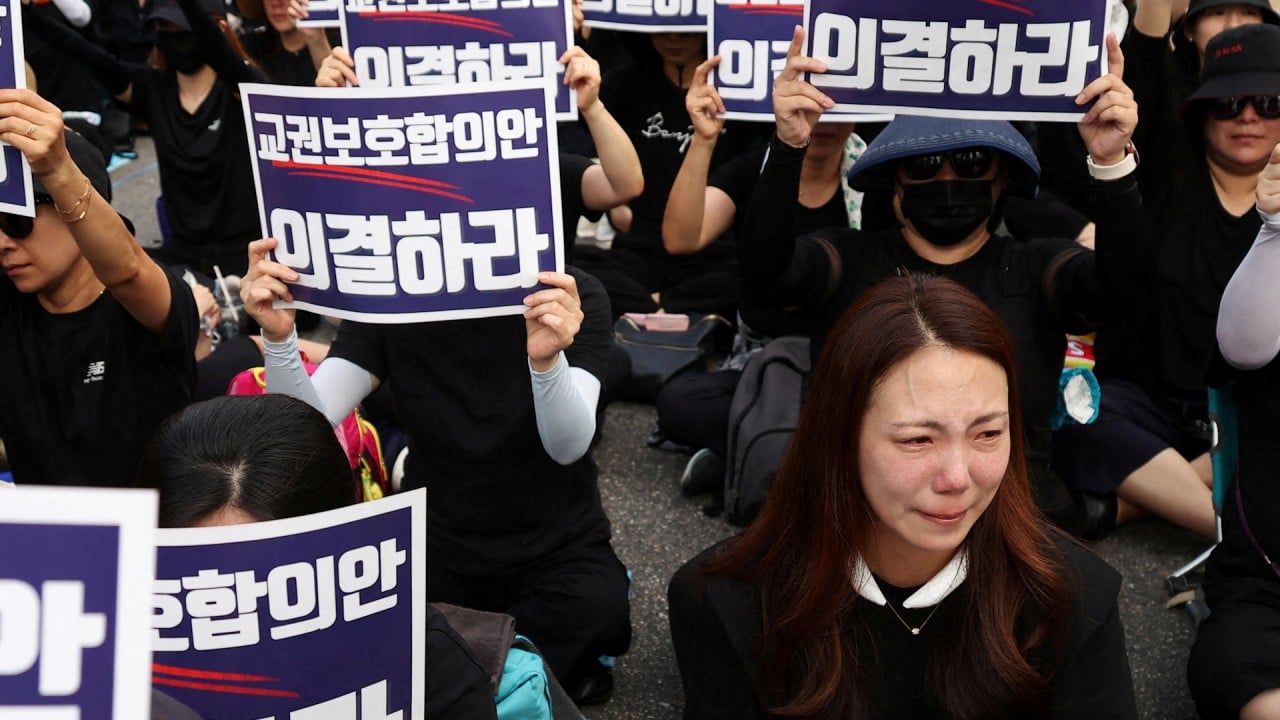How China is using the law to tackle cyberbullying and internet violence
- Beijing can detain or fine for modifying a victim’s image, spreading sex-related rumours or harassing others with insulting text and phone messages
- Ministry of Public Security says cyberbullying had been rampant, resulting in some victims killing themselves or becoming mentally ill

Beijing’s latest push to crack down on cyberbullying came after some cases caught national attention. The ministry said cyberbullying had been rampant in recent years and some cases had resulted in victims killing themselves or suffering mental illness.
“We have always maintained a ‘zero-tolerance’ attitude and dealt with a number of internet violence cases where individuals slandered others, spread rumours or invaded privacy online,” the ministry said.
In one example, a defendant identified only by the surname Zhang was jailed for six years after he used a positioning device and spyware to harvest a victim’s information and then hired a group online to spread fake videos, pictures and insulting articles about the person. As a result, the victim developed post-traumatic stress disorder.
Zhang was detained in January and convicted of invading others’ privacy, picking quarrels and provoking trouble and intentional injury. Picking quarrels and provoking trouble is a criminal offence that could lead to up to 10 years in jail under Chinese law.
In other cases, individuals were detained after spreading rumours that a victim’s wife “had an affair” and a teacher was harassed by her superior.
Being hired to defame others is also not tolerated. In two cases, individuals were hired by others to expose victims’ private information online, send insulting text messages and mail paper money and other funeral items to the victims. Local police detained the hired perpetrators, according to the ministry.

